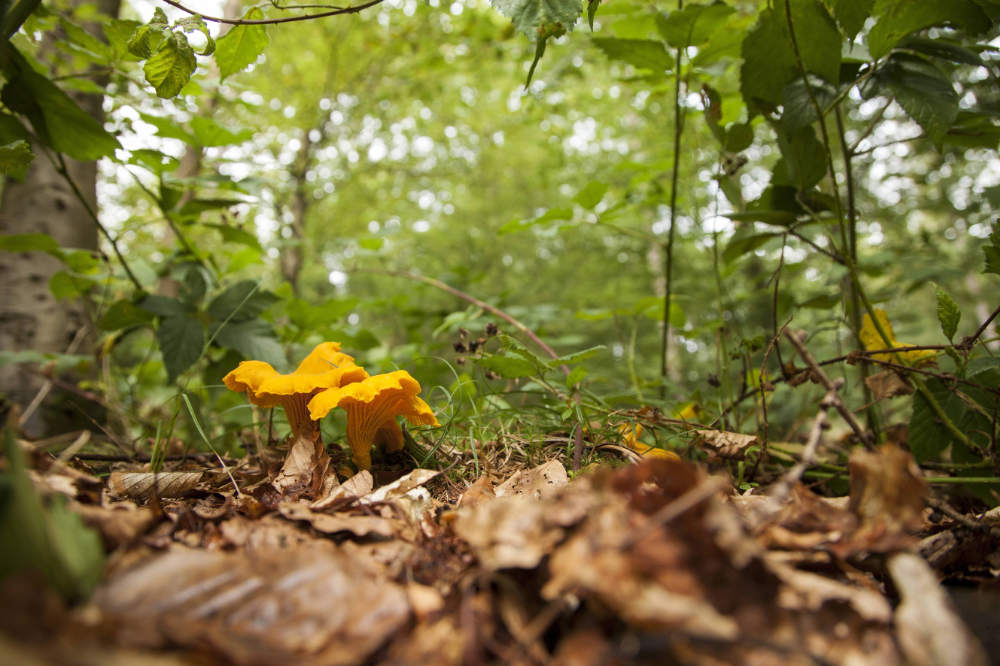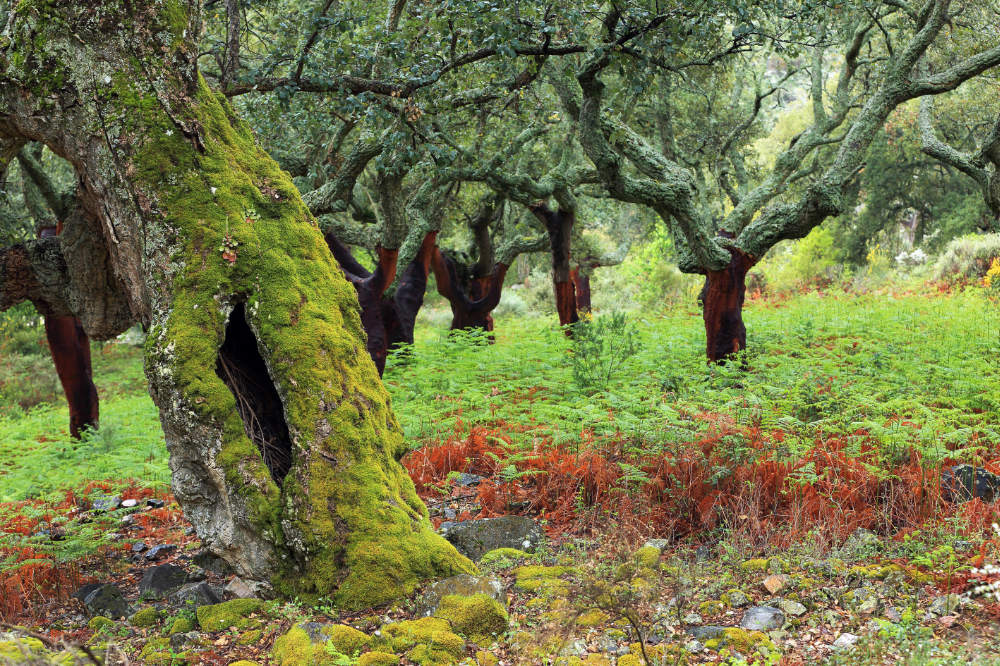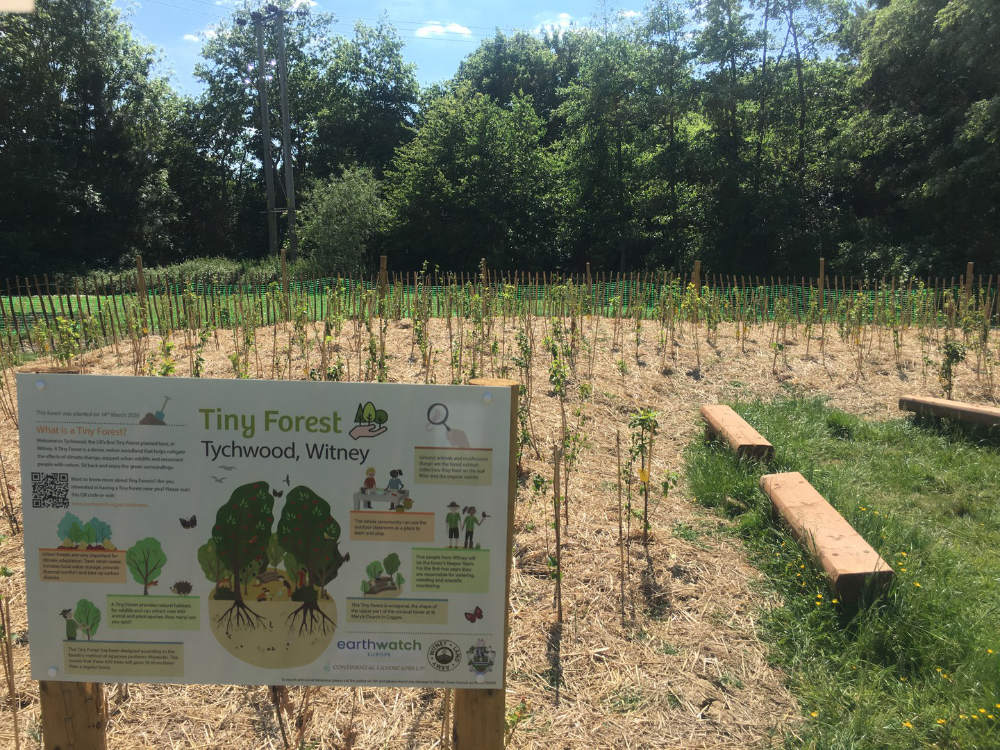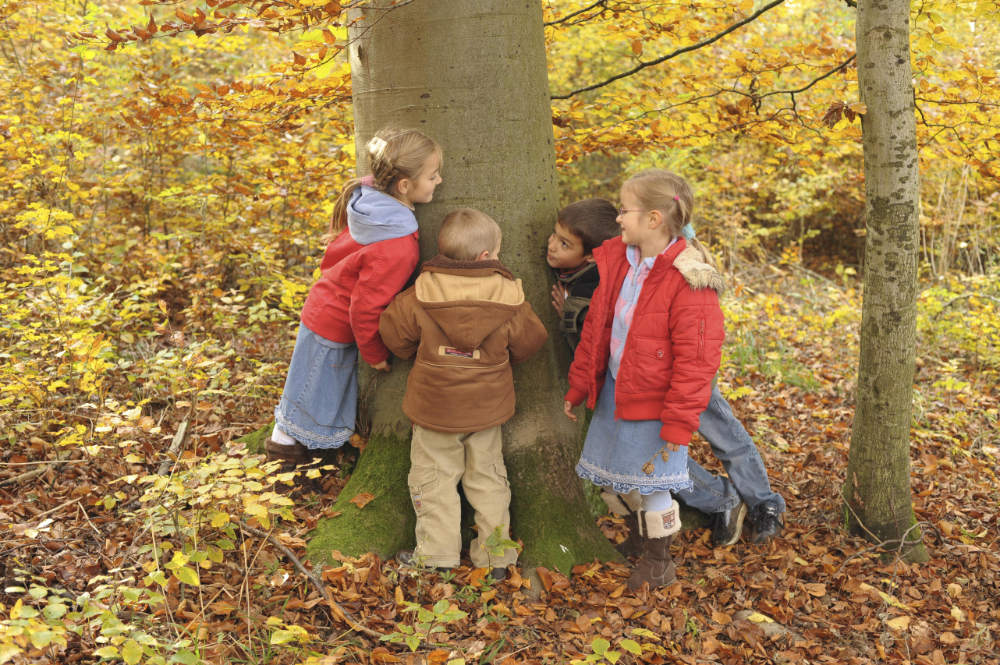Saturday the 1st of October 2022.
Forests store CO2, forests store water, forests keep cities cool, forests ease droughts, forests protect against erosion. This is a list that could go on and on, at leisure. A forest that is properly protected is an investment in the future. By 2030 the EU wants to see at least three billion trees planted. That’s not bad. However, you can plant a lot of trees in eight years, but not a forest, right? Unless we were to plant a large number of Miyawaki forests. What are they? And how do they work?
Akira Miyawaki, a Japanese botanist who was born in in 1928 and died in 2021, is the father of the eponymous type of forest: a small forest the size of a tennis court. You may plant them in urbanised centres and turn them into parks. It’s possible to regreen a lot of scorched earth with a variety of tree species outside the towns and cities. And small-scale forests have the advantage that everyone of us can do their part here.
Akira Miyawaki. The name of this Japanese scientist is definitely one to keep in mind. Over the coming years the overheating of the earth will increase, both in intensity as in the ever longer-lasting summer months. Floods through too much rain on the one hand, and bouts of drought through too little rain on the other, plus the waste of water will keep us company through the human-made climate crises, unless … We could bring the climate back into balance. This will be difficult, without being impossible, as proven by several examples around the world.
First, every one of us eight billion women and men would have to bring their emissions down to zero: through a different way of fossil-fuel free mobility, a change in lifestyle, ending the rural exodus, producing clean energy, a diet low in meat and promoting the local economy. This, alongside many other things lead us, for one, to a reduced level of CO2 in the atmosphere. At the same time the global forest may help us, in line with the reduction of emissions, to transform the excess CO2 into oxygen, the basis of our respiration, our lifeblood. Let’s look at the tree as our living partner, and one that even feeds us: with nuts, almonds, olives, a large number and variety come from our trees. And right in the heart of the town we live in or out in the burnt countryside we could make a start, straight away.
We have to take a stand against the world-wide cutting down of mixed forests for the planting of monocultures, which goes hand in hand with the commercialisation of trees for wood. Maybe we’ll have to reduce capitalism in woodlands, if not ban it completely from the forest, whether in Portugal or Brazil for eucalyptus, or in Indonesia and Malaysia through palm oil…
We need dedicated programmes, we need to get young people excited about the forest and its biodiversity. And this may start early, at kindergarten and school stage. As a young man, Akira Miyawaki decided to travel, visiting the forests in faraway Europe where he spent several years getting to know nature. The study of botanics led him to develop the concept of tiny forests, for the secret life of the trees underground is a part of the visible life of trees above ground. Small forests boast a myriad of roots that hold the humidity like sponges in the soil. A Miyawaki Forest involves planting tree saplings small distances apart (30 cm), up to 40 different species of tree, from oak to chestnut, from ash to linden trees, and so forth.
This method of planting a small forest fires up the root system below the earth to encourage the trees to grow faster. In a Miyawaki Forest, the level of growth that large forests or single trees manage in a century happens over ten or twenty years, between five and ten times faster. Tree species cooperate, mother trees are social entities that if they have enough nutrients pass some of it on to others that have too little. This kind of forest may flourish in any school, where you may watch the tree grow during your entire schooling, from starting school to taking your leaving exam. This yields results that you may use at any time later, up into the next generation. Forests store knowledge, forests teach us how to be with each other, forests absorb noise, fine particulate matter and bad moods. With every new tree and every new forest we regain our mental balance. There are things that are more important than money.
 Eco123 Revista da Economia e Ecologia
Eco123 Revista da Economia e Ecologia






